
(ECNS)--As one of the earliest "globalization" theorists, Martin Albrow has been engaged in sociological studies for more than half a century. He received his Ph.D. from Cambridge University and is now a fellow of the Academy of Social Sciences, Honorary Vice-President of the British Sociological Association and Honorary President of Global China Academy. Prof. Albrow has shifted his research orientation to China studies in recent years and has published two books on a community of shared future for mankind.
In the latest W.E. Talk, Peng Dawei, chief journalist of China News Service's German branch, talked with Prof. Martin Albrow, who said that we could never go back to the world as it was but the worldwide effort of scientists working on the viruses and developing vaccines is itself a global process and illustrates the advance of globalization.
When the West tries to understand China, it should never bypass the historic foundation of a Chinese social order and the traditions that the Chinese Communist Party has built on, he mentioned. The central control of Chinese society is obviously immensely more effective than its Western counterparts and that makes a huge difference when they combat the pandemic.
Speaking of the "Thucydides Trap" and China's peaceful rise, Prof. Albrow believes that the world should shake off the geopolitical psychology and pay more attention to development of new technologies. He also urges the international society to sit together for dialogues and communication to govern together so that technologies can bring more benefits while risks can be properly controlled.
Here's an excerpt of the dialogue:
Peng Dawei: I want to know what impact the COVID-19 pandemic had on the development of globalization? The question is, will we eventually come back to the world we are familiar with before the pandemic?
Prof. Martin Albrow: Well, the short answer to that is no. We will not, because we never go back to the world as it was. Now, the pandemic itself throws light on that in the sense that worldwide, we have scientists working on the viruses and developing vaccines, exchanging information. This, if you like, is a global process and illustrates the advance of globalization, at least in the sphere of science, technology, and the rest. So the driving force behind what happens in the world today comes not from this underlying pressure, towards increased technical control, not just of disease, but also of climate and increase of weaponry.
Peng Dawei: When I talked with Dr. Martin Jacques last time, he told me that if the West really wants to understand why China has been so successful in fighting the epidemic or pandemic, it should first learn about Confucianism and learn about the relationship between the nation and the society in China. So should the West actually learn something from China, or could have learned something from China?
Prof. Martin Albrow: In a way. Of course I see the Confucian ethic, certainly as a very important aspect of China's old cultural tradition; certainly the two are intimately connected. And I also would say that the practices associated with Confucianism, in particular, and emphasis on learning the ancient books, rising in society through education... those things are still very deep factors, I think, in Chinese society. The West should not forget the fact that the Chinese Communist Party builds on traditions in China, which go back thousands of years, and in particular, that tradition of rising in society through knowledge and education. The Communist Party is also an educational movement, and it foregrounds cultural values, ethical factors, ahead of purely economic factors.
And that's crucial I think for the West to understand. And it does mean that when you respond to something like the pandemic, you actually appeal to a general sense of consensus around social values. So the Party is drawing on China’s tradition. And in that extent, I would agree with Martin Jacques that we should never forget the historic foundation of a Chinese social order.
I would add that what the Communist Party does, in addition to that, provides a very strong driving force from the center. So the central control of Chinese society is obviously immensely more effective (than that of the West), particular with modern technologies and so immensely more effective than it ever could have been in imperial times. And that makes a huge difference.
Peng Dawei: And do you think that China can really achieve a peaceful rise without a major war with anyone?
Prof. Martin Albrow: The "clash of civilizations" thesis associated with the American author Samuel Huntington does depend on deep differences between cultures.
I don't actually subscribe to that thesis, because I think cultures can exchange and coexist in relative peace with each other as well. They may conflict. But it's not intrinsic to the notion that cultures are different. You can have cultures that are different and they coexist. The "Thucydides Trap", on the other hand, is much more concerned with strategic realities, rather than cultural realities. It is concerned with the fact that if you have two parties striving for dominance in a single world, it's going to be extremely difficult for them not to come into conflict with each other. And that I think is a much more plausible danger, risk for the world than anything to do with clash of cultures.
I don't think this "Thucydides Trap" is necessarily our future, if we focus our attentions on those things, which are common to us, and those things which are common to us include very large elements of a global way of life, which transcend all cultures, bring us together and which, to some degree, I think, do mitigate against those groups and society who are continually looking outside and wanting conflict.
What I am worried about more is conflict arising out of accidents, conflicts arising out of, for instance, the rise of artificial technology and weapons. Because we can easily reach the point where they become autonomous. And weapons will bring nations into conflict without actually wanting it. That is the real risk, which the whole world should be concentrating on. In other words, not strategic issues, but the consequences of new technological risks.
Peng Dawei: If there will be an Asian century, is the West ready for such a century or is the West happy about that?
Prof. Martin Albrow: The West itself, in so far as the West at the moment, seems to cover most of the world. It would absolutely fragment. It won't be regarded as an entity in the way that the Americans would like it to be. Indeed, the current efforts of the American president Biden to create some kind of league of democracies have already verged on the laughable in the sense that basically he seems to want anyone to join it who happens not to like China. It doesn't seem to matter what kind of politics they have, doesn't matter what kind of regime.
I think the idea of an integrated West really is out of date. And from that point of view, Chinese leadership now, I think, is best applied in the global institutions, getting them to focus on global goals, getting them to look at practical projects and setting an example to the world, for instance, in handling global warming and developing solar power and so on.
China has got the resources and the political system which enable it to make big decisions and come to those decisions rapidly and put them into effect. That is the comparative advantage, which China has vis-a-vis the rest of the world.
Peng Dawei: China is now pursuing a what we call a common prosperity. I would like to know what’s your take on common prosperity.
Prof. Martin Albrow: Unless you do have policies to redress the imbalances that result from unrestrained pursuit of profit, unless you have policies which will redistribute in one way or another, unless your policies which will create a public area, then, of course, a common prosperity will not result.
China is a very interesting case in the last 50 or so years, because 50 years ago, there was very little of the kind that you could call a welfare state. From very little indeed, over the last 50 years, the amount of public support for education and health has increased all the time. That is an important factor in the creation of a common prosperity.
So you've got the ingredients in China for a highly prosperous nation; You've got a hardworking population and at the same time; You've got an administration which understands the need every so often to redress the balance of the rich and powerful in favor of those who have been less successful in economic competition. Because we have to understand that hard work alone does not create wealth. It's also competition. And I think again, Chinese administration has shown a great deal of wisdom in the way its managed competition for the benefits of the population as a whole.
Peng Dawei: Since 2012, socialism with Chinese characteristics has entered a new era. And could you please tell us your thinking on the past 10 years of China's development? What's the most important development in China?
Prof. Martin Albrow: I think one of the important features of the last 10 years has been raising the profile of the Party to represent values of a broadly moral, social, and ethical kind, and therefore using the Party very much as the social conscience of the nation as a whole. The more the Party itself can accept that role and at the same time be accepted in general, as the conscience, and that to my mind is what has been happening in the last 10 years, then the future looks very good.
(This dialogue has been included in Martin Albrow's newly-published work China and the Shared Human Future: Exploring Common Values and Goals)












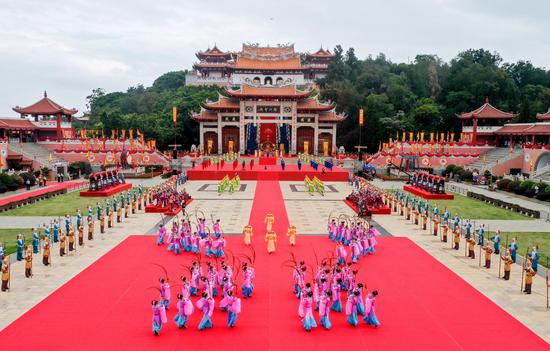




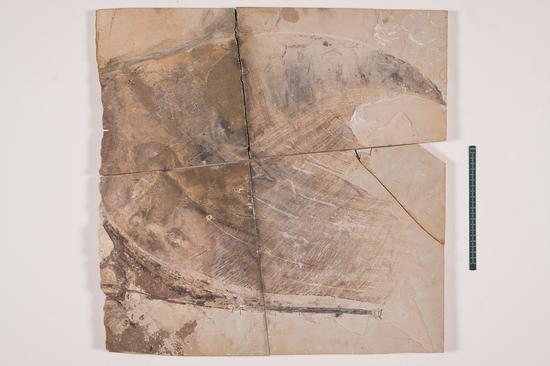
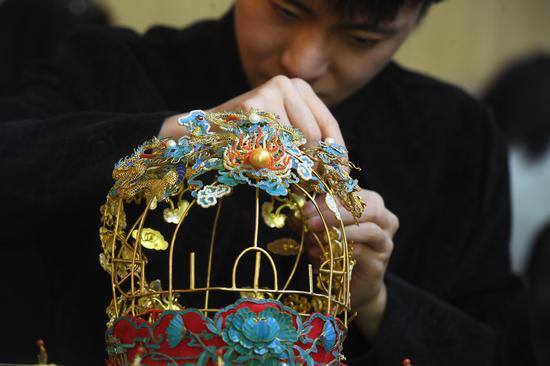



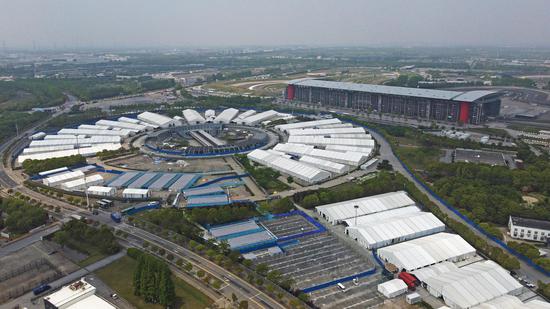


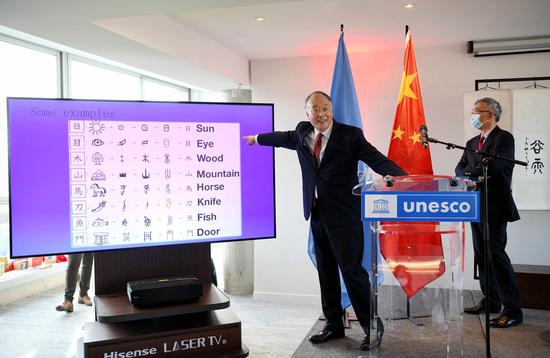
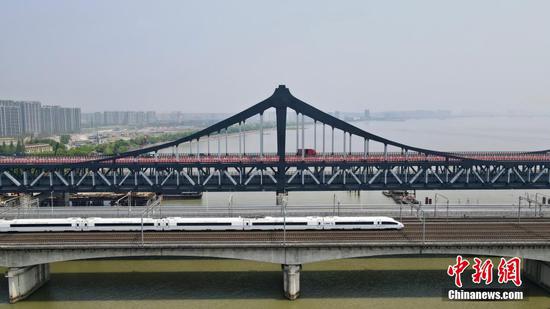
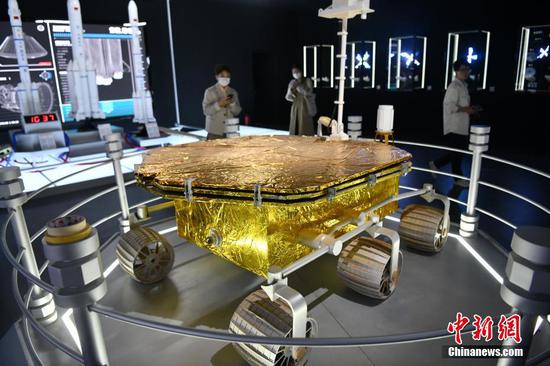

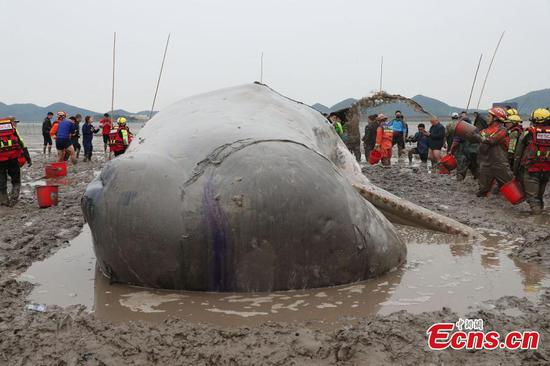
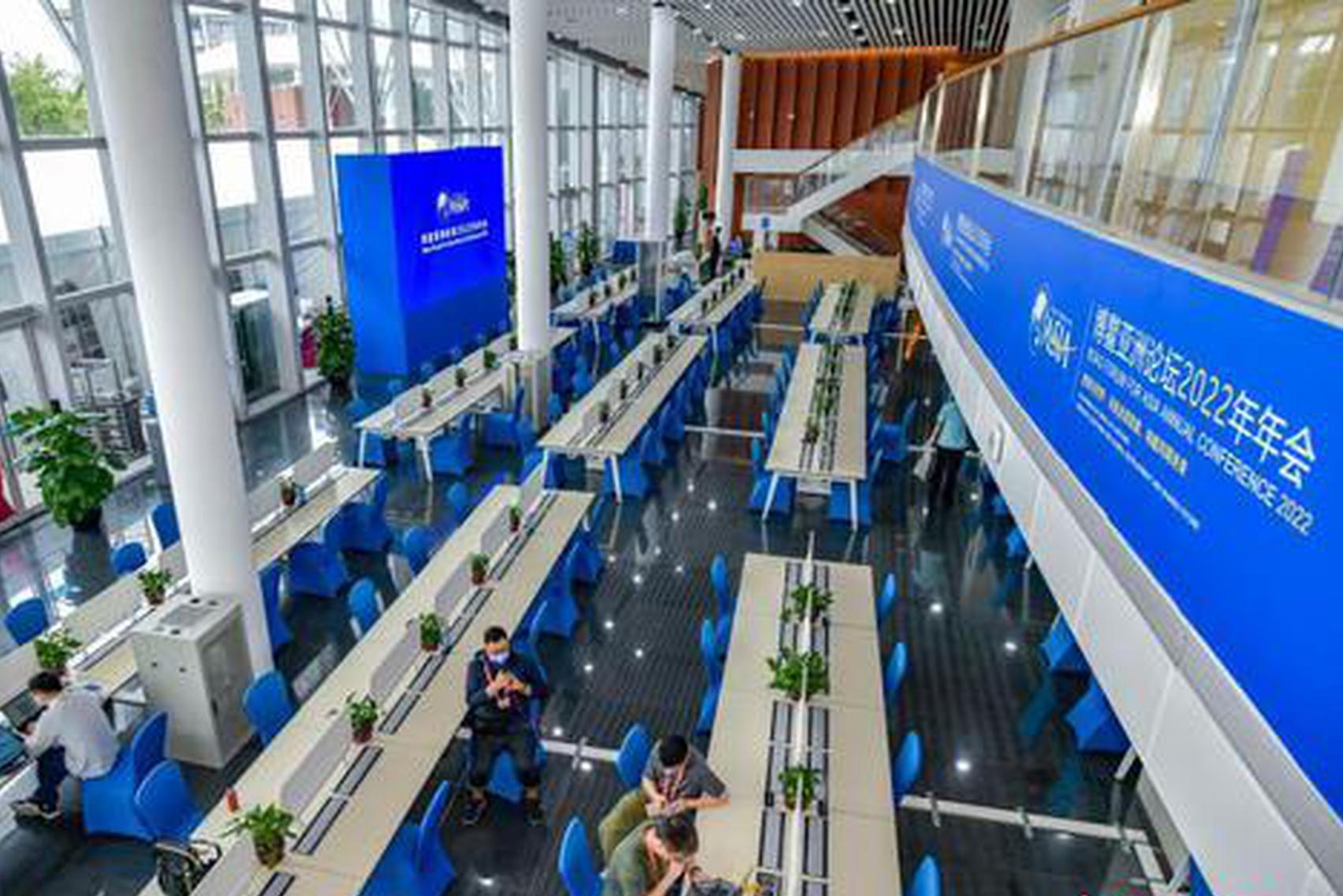


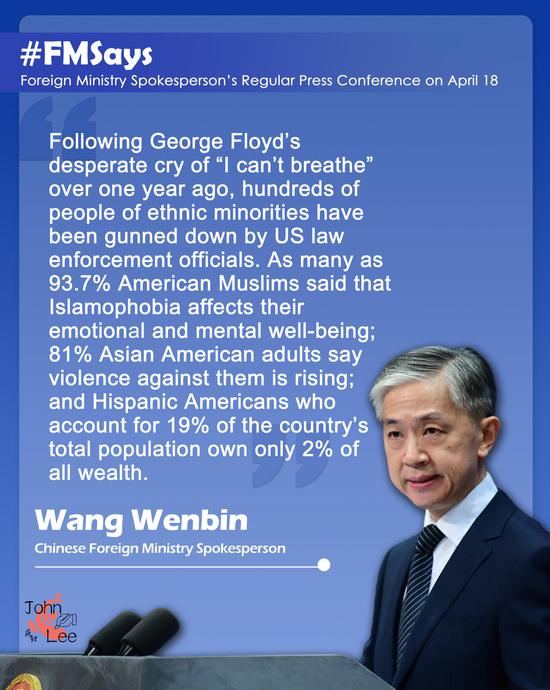
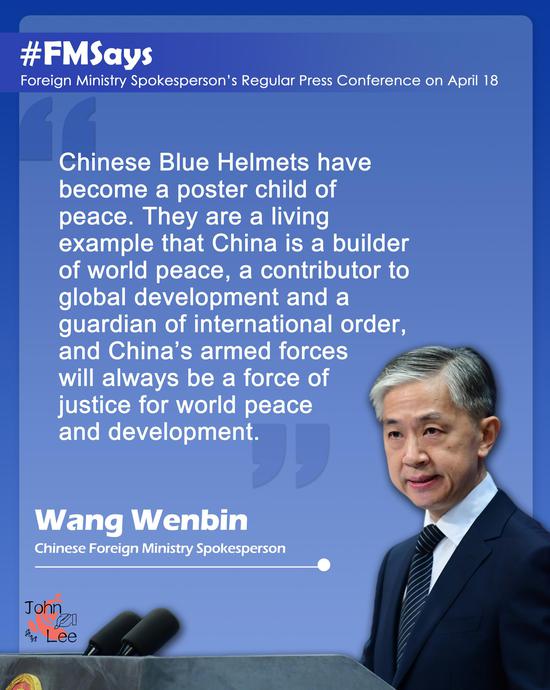
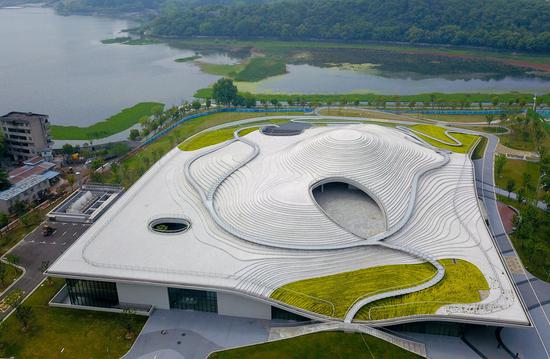


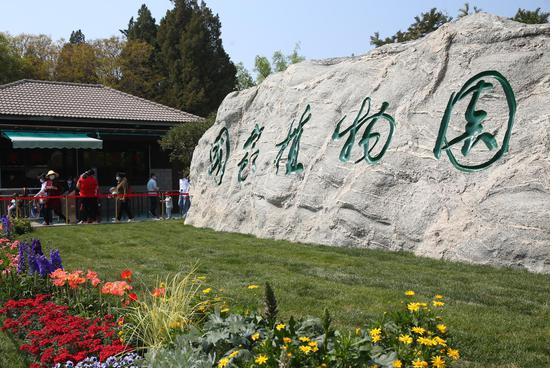



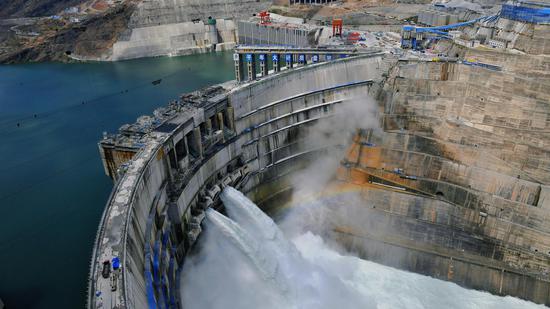







 京公网安备 11010202009201号
京公网安备 11010202009201号